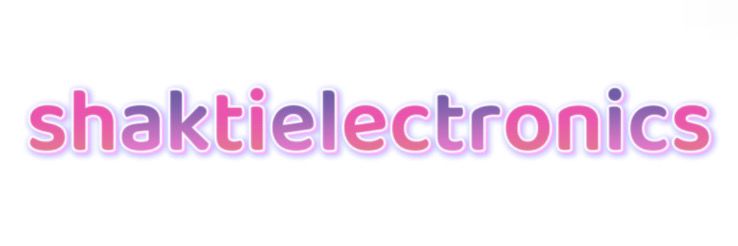Top Non Hybrid Inverter Trends to Watch in 2025
Nov. 07, 2025
As the world continues to shift towards sustainable energy solutions, non-hybrid inverters have emerged as a crucial component in the solar energy landscape. These devices provide efficient energy conversion, enabling homeowners and businesses to harness the power of the sun effectively. In 2025, several key trends are set to shape the non-hybrid inverter market, offering exciting opportunities for both consumers and suppliers.
Want more information on non hybrid inverter? Feel free to contact us.
One significant trend is the growing demand for higher efficiency and performance in non-hybrid inverters. With advances in technology, manufacturers are developing inverters that can convert more solar power into usable electricity. This increase in efficiency not only enhances energy production but also reduces overall energy costs for users. As awareness of the benefits of solar energy continues to rise, consumers gravitate towards products promising superior performance.
Another important trend shaping the non-hybrid inverter market is the integration of smart technology. As home automation becomes increasingly popular, consumers expect their solar energy systems to be seamless and user-friendly. New non-hybrid inverters will likely come equipped with advanced monitoring capabilities, allowing users to track their energy production and consumption in real-time. This data-driven approach enables homeowners to optimize their energy use and make more informed decisions regarding their solar investments.
The emphasis on sustainability and environmental responsibility is also driving innovations in non-hybrid inverter design. As awareness of climate change and ecological impact grows, manufacturers are focused on creating products that are not only efficient but also environmentally friendly. Expect to see a rise in inverters made from recyclable materials and designed for longer lifespans, contributing to a reduced ecological footprint.
Moreover, the regulatory landscape surrounding renewable energy continues to evolve. Governments worldwide are implementing new policies and incentives to encourage the adoption of solar technologies. As these regulations become more favorable, the non-hybrid inverter market will likely experience growth, spurred by increased energy independence and the desire to capitalize on government-backed solar initiatives. Consumers looking to invest in renewable energy systems will be on the lookout for compliant products that support their long-term financial and ecological goals.
Another anticipated development is the increasing focus on compact and lightweight designs for non-hybrid inverters. Traditional non-hybrid inverters have often been bulky and difficult to install, but new designs prioritize user convenience. The trend toward smaller, more efficient inverters supports easier installations and allows for more flexible design options in various residential and commercial settings.
As competition in the solar market intensifies, we can expect manufacturers to enhance their customer support and warranty offerings for non-hybrid inverters. Reliable after-sales service is becoming a critical factor for consumers when choosing a solar energy provider. Brands that invest in robust customer service and extended warranties will likely differentiate themselves, fostering customer loyalty and satisfaction.
Finally, the rising dependency on energy independence and security plays a pivotal role in the future of non-hybrid inverters. As prices for traditional energy sources fluctuate and become less predictable, individuals are increasingly looking towards solar energy as a viable alternative. Non-hybrid inverters enable the direct use of solar power without the need for an external grid connection, empowering users with greater control over their energy sources.
With these trends shaping the non-hybrid inverter market in 2025, it is an exciting time to be involved in the renewable energy sector. As technology progresses and consumer preferences evolve, staying ahead of these trends will be essential for businesses looking to thrive in this competitive landscape. By embracing innovation and prioritizing efficiency, manufacturers and distributors of non-hybrid inverters can position themselves for success and drive significant growth in this industry.
In conclusion, staying informed about the emerging trends related to non-hybrid inverters will not only foster a deeper understanding of the market but also enhance the decision-making process for consumers considering solar energy solutions. Embracing these changes may very well lead to increased traffic for your website as more readers seek to educate themselves on the intricacies of renewable energy options available to them in the years ahead.
If you want to learn more, please visit our website sting inverter.
22
0
0


Comments
All Comments (0)